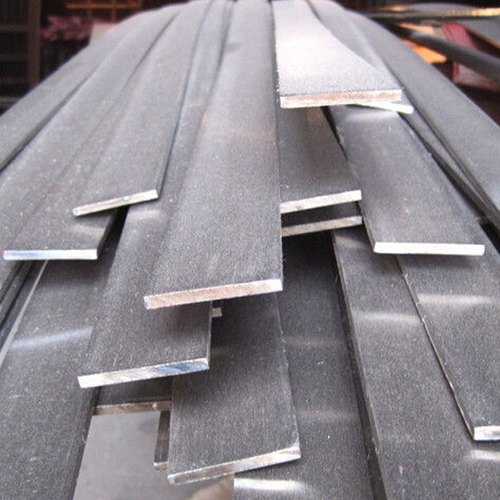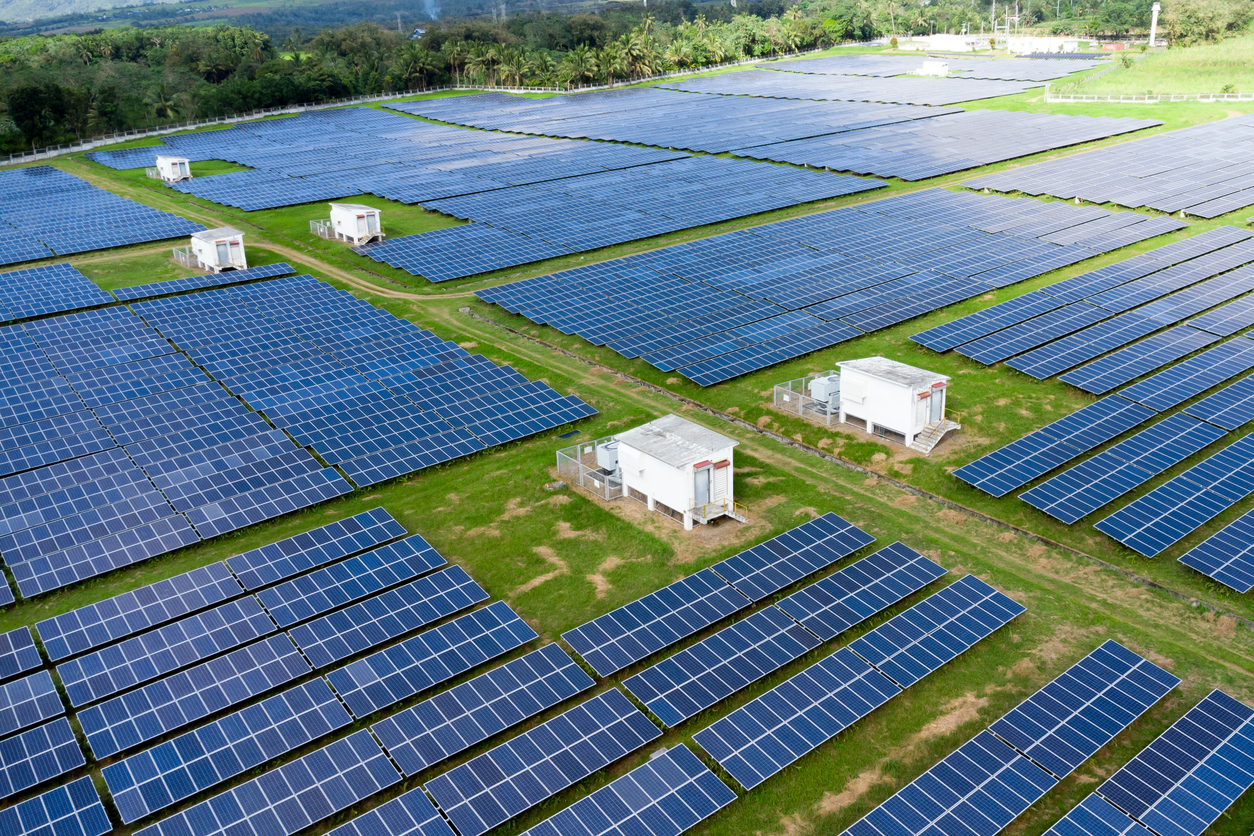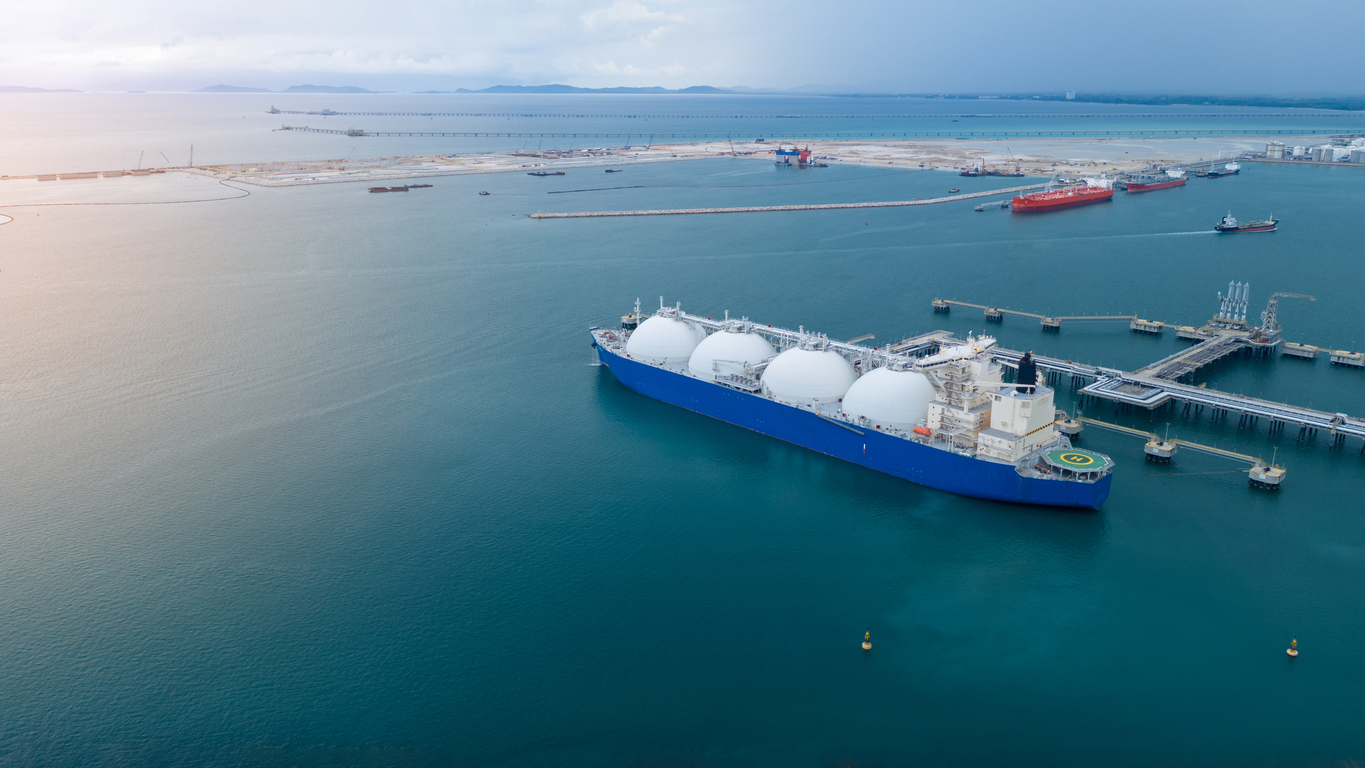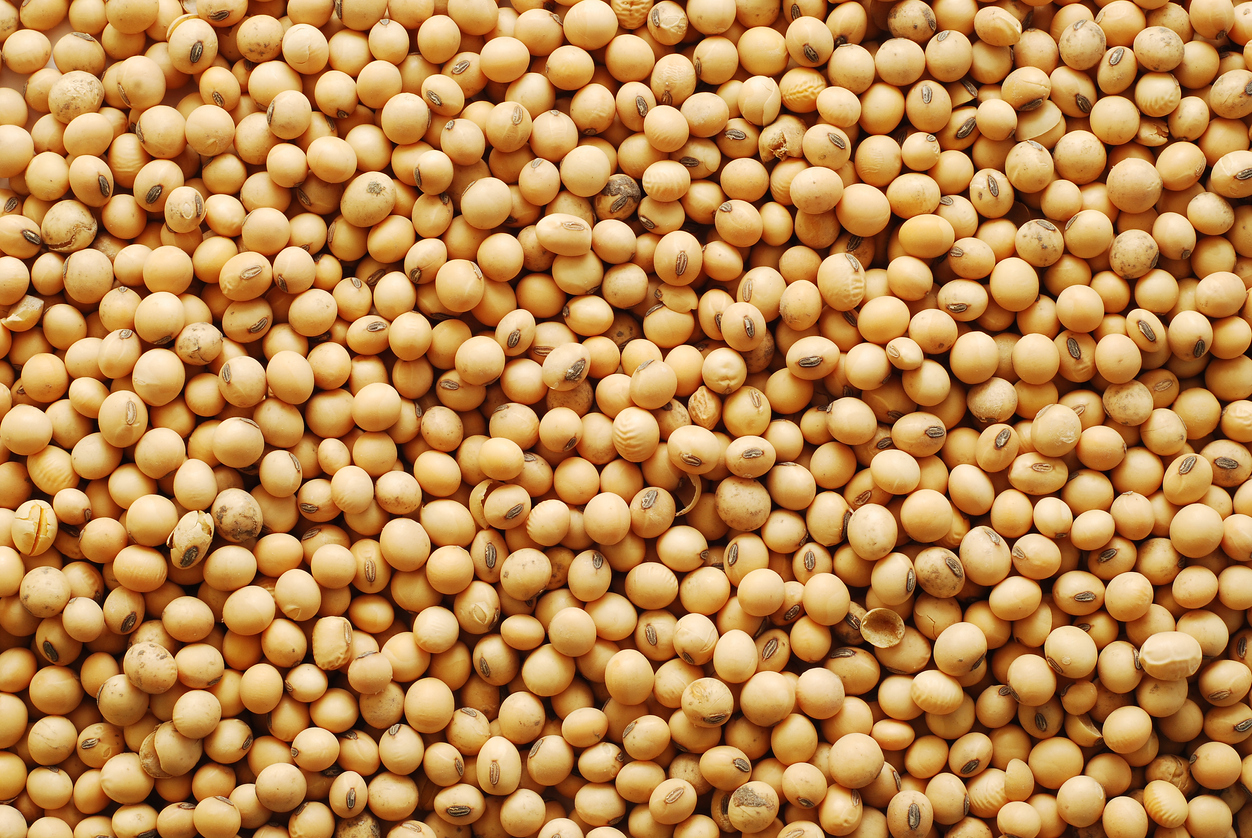How to Buy Flat Flat-Rolled Steel in Kenya with Wigmore Trading
How to Buy Flat Flat-Rolled Steel in Kenya with Wigmore Trading
The flat-rolled steel industry is a global market, with producers in numerous regions. In Kenya, the flat-rolled steel market is small but growing. There are many opportunities for manufacturers and traders to invest in this segment. The domestic market has grown rapidly and is expected to continue at that pace in coming years. A large number of small manufacturers, coupled with the country’s widespread poverty, make it an excellent opportunity for importing finished goods from abroad. While most produced steel products are exported from factories outside Kenya, there are many benefits to manufacturing domestically if cost is no object. The small local market means that it might be challenging for new businesses or those wishing to expand their operations significantly. Many smaller manufacturers or traders may find these challenges insurmountable and instead choose to rely exclusively on imported goods from larger companies or joint ventures with trusted partners overseas. Buyers must also be wary when dealing with smaller suppliers because of the risk of not being paid for services rendered.
Types of Steel in Kenya
There are many types of steel products produced globally each with their own unique properties. One of the most well-known is carbon steel. This steel is produced from iron, carbon, and other trace elements. The carbon content makes the steel hard and suitable for use in cutting tools or those subjected to great pressure. However, it is also brittle, so it is less useful for structural purposes. There are also many alloys made from various combinations of elements. Alloyed steels have added elements that change the properties of the steel, making it more suitable for certain uses. These steels are also more expensive to produce, making them less ideal for use in areas where cost is a factor.
Benefits of Flat-Rolled Steel
While each type of steel has its own unique properties, flat-rolled is the most versatile and useful for manufacturing. It’s often used in the production of sheet metal or metal bars, but it can also be formed into other shapes or used as a reinforcing material. Flat-rolled steel is often used in the production of furniture, appliances, and automobiles, among other things. The most important benefit of flat-rolled steel is its high quality. This type of steel is created with the highest standards and is more consistent than other steel types. It is also very flexible, which makes it more suitable for a wide range of different uses.
Disadvantages of Flat-Rolled Steel
While flat-rolled steel is undoubtedly a high-quality product, it is also the most expensive type of steel. While other types of steel may be unsuitable for certain uses due to their lower quality, flat-rolled steel is the best option for almost everything. It may be more suitable to prioritize other factors in the selection process, such as cost. Another factor to consider is that flat-rolled steel is often used for large-scale construction projects. This makes it difficult for small-scale manufacturers to obtain large quantities of steel. It may be better suited for smaller operations.
Steps to Import Flat-Rolled Goods
If you have decided that importing flat-rolled steel is the best option for your business, there are several things you should do before importing. First, you must select a supplier. You should find a company or manufacturer that will provide high-quality products at an affordable rate. You should also evaluate your finances closely to determine how much money you can safely spend. The amount you are able to spend will be based on the amount of profit you expect to make from your business, how much money you have saved, and how much you can take out in loans. Next, you should decide what type of steel you want to import. You should consider the size of the market in Kenya and the availability of the product. You should also consider the price, quality, and quantity of the product.
Key Pieces of Information for Importers
Price – As with any product, the price of flat-rolled steel will vary depending on the supplier. You should find the best price by comparing quotes from several companies to ensure you get the most affordable product without sacrificing quality. Quantity – Most flat-rolled steel orders are for very large quantities. Depending on your budget, you should select a quantity that is large enough to meet your needs but small enough that it is affordable. Origin – The best flat-rolled steel is made in developed countries with strict regulations. You should always select a product that was produced in a country that has strong quality control. Certificates – Some suppliers will offer certificates to show that their product meets certain standards. You should obtain an ISO 9001 certificate to confirm that your supplier meets high-quality standards.
Wrapping up: Should You Import?
Flat-rolled steel offers many benefits and is an extremely high-quality product. It is also the most expensive type of steel and is best suited to large-scale operations. If you can meet the price, quantity, and other requirements, importing flat-rolled steel is certainly an option worth considering. Make sure you do your research to select the best product and supplier.








LEAVE A COMMENT
You must be logged in to post a comment.